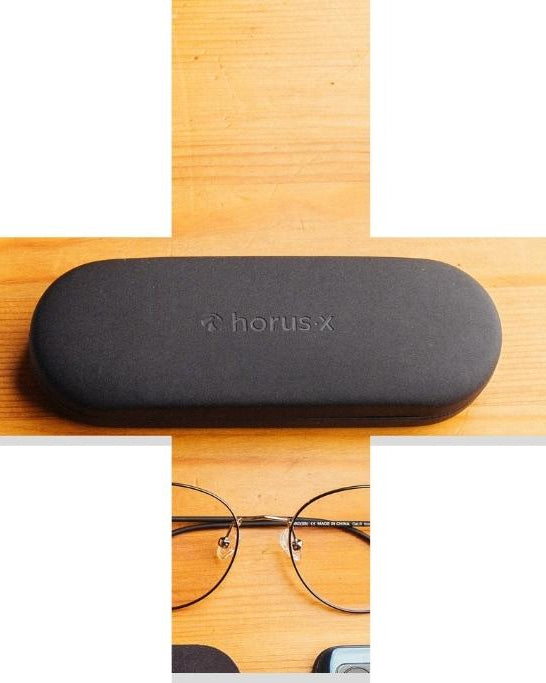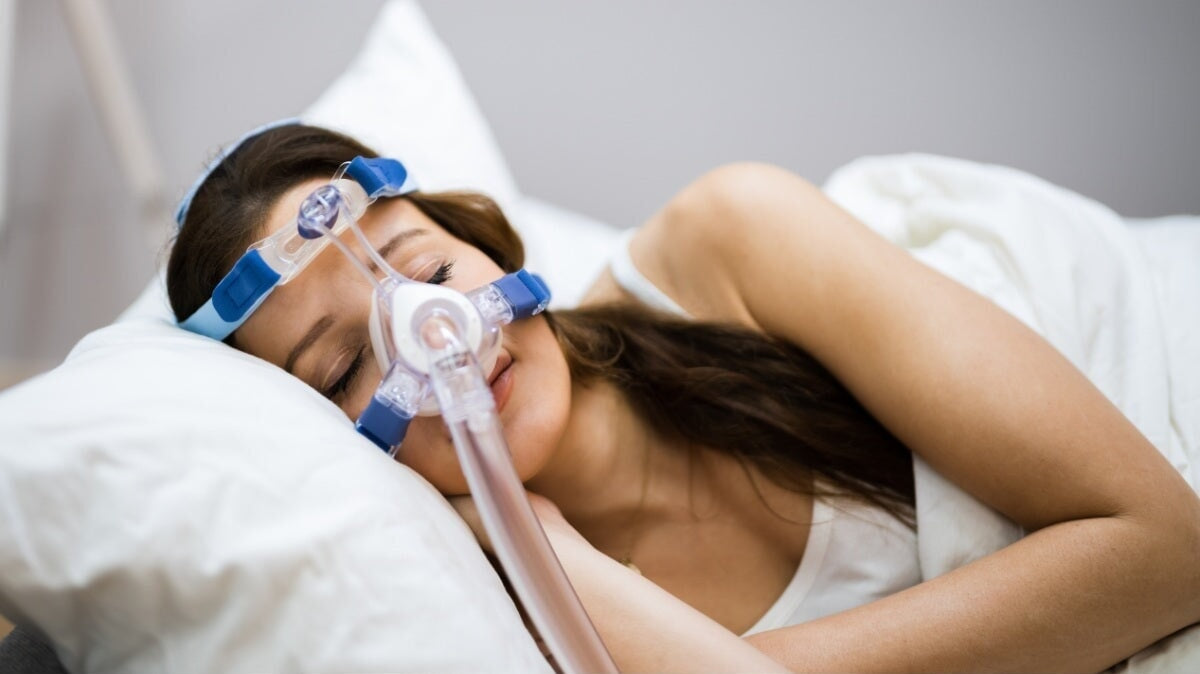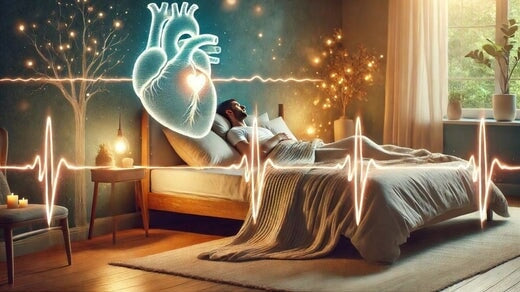But before you jump on this fabulous friend first thing in the morning, let's see
together how coffee (and any other source of caffeine, from tea to energy drinks) affects our senses and our clocks
internal.
In this article:
-
👉 The effects of caffeine on the body
-
☕ How many cups of coffee per day?
-
⌚ When to drink coffee? The best times of the day
-
😥 The worst time to drink coffee and wreck your circadian rhythm
The effects of caffeine on the body

Caffeine is a psychoactive stimulant that is rapidly absorbed by the body and spreads through tissues. Once in the brain, it blocks receptors for adenosine, a neurotransmitter that promotes relaxation and sleep .
By inhibiting the function of adenosine, caffeine causes an increase in neuronal activity, resulting in a feeling of alertness and stimulation.
So don't overdo it! Excessive consumption can lead to unwanted problems such as:
-
😫 Insomnia,
-
😟 Nervousness,
-
😤 Irritability,
-
💔 Heart palpitations
-
😖 Stomach aches.
However, there is also a lot of research that has proven that caffeine has health benefits, and not just any health benefits!
-
🤓 Improved concentration, alertness and cognitive performance.
-
💆♀️ Stimulation of the release of endorphins, which is why it is often associated with a feeling of well-being.
-
👨⚕️ The effects of coffee are very, very, very debated in the scientific community, but some studies tend to suggest that regular consumption of black nectar would help reduce the risk of type II diabetes, cardiovascular diseases and even (link in English) certain cancers .
Thanks coffee buddy!
Like any substance, caffeine can be both our best friend and our worst enemy, it's all a question of dosage! Let's see together the quantities of coffee that we can ingest without being worried.
How many cups of coffee per day?
✌ Moderate consumption: 2 to 3 cups
The European Food Safety Authority (EFSA) agrees that moderate coffee consumption is safe for the majority of healthy adults.
This typically equates to drinking 2 to 4 cups of filtered coffee per day, which equates to about 200 to 400 milligrams of caffeine.
A cup of espresso contains approximately 80 to 100 milligrams of caffeine.
🤒 Individual sensitivity
Some people may be more sensitive to caffeine than others. For example, if I drink more than two I completely take off in tachycardia mode!

If you experience side effects such as sleep disturbances, anxiety or digestive issues, it may be necessary to reduce your coffee consumption.
It is important to remain vigilant about the consequences of caffeine on health disorders. It is particularly not recommended for people suffering from:
-
❤️🔥 heart problems, because coffee speeds up the heart rate,
-
🍋 stomach problems due to its acidity,
-
⚡️ hypertension.
💣 Beware of the cumulative effect!
Caffeine isn't just in coffee!
One must also consider total consumption from different sources, including energy drinks , tea, soda and chocolate, which can add up to a not-at-all-negligible caffeine intake.
🤰 Pregnant and breastfeeding women
Pregnant or breastfeeding women are usually advised to limit their caffeine intake .
Scientific recommendations vary, but moderate consumption of approximately 200 milligrams per day is often recommended.
When to drink coffee? The best times of the day
🥱 Drink your coffee 1 hour after waking up
According to a widely reported study by neuroscientist Steven Miller, there is no need to drink coffee first thing in the morning because the body naturally produces a stimulating hormone called cortisol for approximately one hour after waking up.
The level of cortisol in the blood has a similar effect to that of caffeine. It helps put the body in a posture of “vigilance” and react in the event of a stressful situation to promote our “fight or flight” response if danger presents itself (and yes, we are still animals!).

Drinking coffee when our bodies are at their peak cortisol production is a way of teaching our bodies to produce less of it, and by relying on caffeine instead of cortisol to get our little eyes open in the morning, we may even develop a certain addiction.
Cortisol is secreted at its peak between 9am and 11am. It may therefore be beneficial to drink coffee a little later, between 9:30am and 11:30am for example, to take over the cortisol level. Figures to adapt to the time you get up, of course!
⏳ A light coffee in the afternoon
Once this first peak in the morning has passed, the cortisol level drops and then rises again between noon and 1 p.m., then between 5:30 p.m. and 6:30 p.m.
During this window, between 2pm and 4pm, you can have a second cup of coffee that is not too strong so that the effects of caffeine do not disrupt your sleep. But here again, we would like to warn you!
🌛 The worst time to drink coffee
We have seen that drinking your coffee first thing in the morning is ultimately not a brilliant idea. On the other hand, there is another time when you should ban coffee: in the evening, of course! But it goes even further!
Caffeine remains in the body for more than 12 hours. It has a half-life (i.e. the time before more than 50% of the substance remains) of 5 to 6 hours.
This means that in 6 hours, caffeine has only been eliminated by 50%! Coffee at 1 p.m. leaves significant traces until after midnight!

Suffice to say that if you barely drink a coffee at 6 p.m., you are shooting yourself in the foot when it comes to your sleep!
If you do manage to fall asleep, however, caffeine will also disrupt the quality of your sleep, which is harder to notice.
It will indeed disrupt the circadian rhythm, making it more fragile and promoting waking up in the middle of the night. It will then be more difficult to fall back to sleep, thus opening the door to insomnia.
And even if you don't feel like you're affected, you should know that a cup of coffee in the evening, for example, can reduce the amount of deep sleep by 30%. But having good quality sleep , beyond its duration, is essential to feeling rested and in good shape.
The final word: when do I drink my coffee?
Many hearts will break when they learn that the best time to drink coffee is not at all hours of the day. But treating yourself to your coffee at the right time can change your life!

By knowing the best times to drink coffee, you can take full advantage of its effectiveness and health benefits to make it an even more enjoyable and satisfying experience. You can make coffee your best ally for health and for truly positive and stimulating days.
Timing plays a crucial role in how you enjoy your coffee, to get all the benefits of caffeine without wrecking the quality of our sleep.
Let the cortisol do its job when you wake up, and wait a little while to have your first coffee. And remember not to have the last one late!
Now you can enjoy your coffee (or your Red Bull, caffeine is caffeine) without fear of insomnia. Here's to your health and delicious, well-timed cups of coffee!













